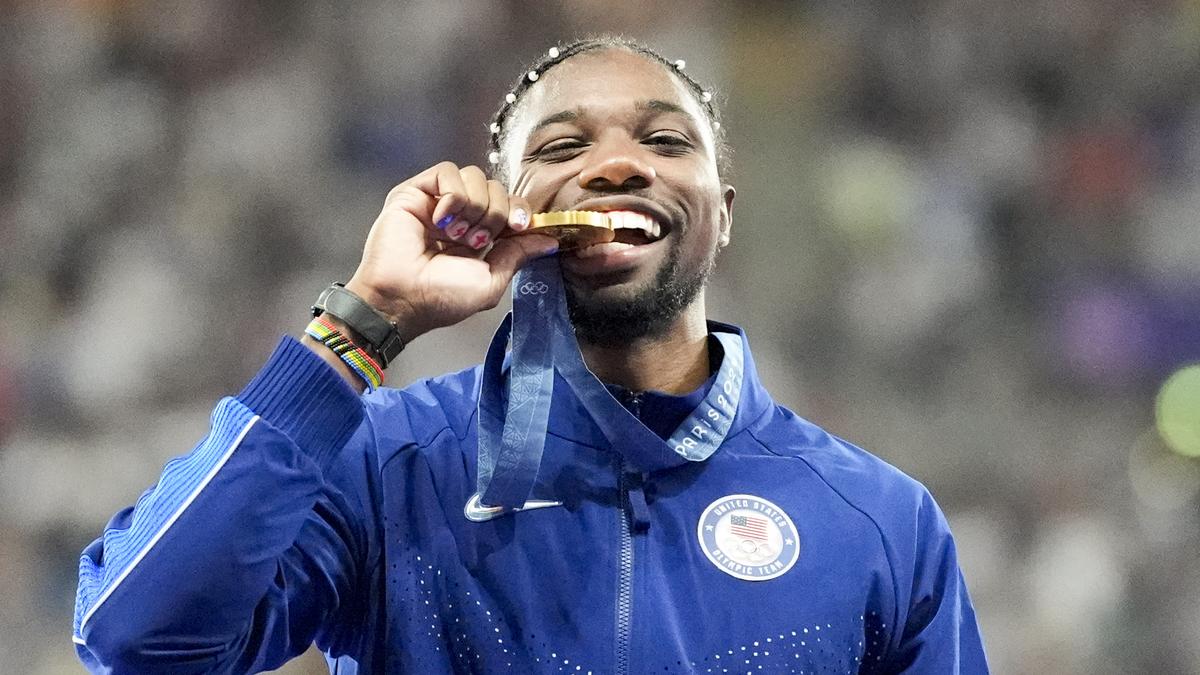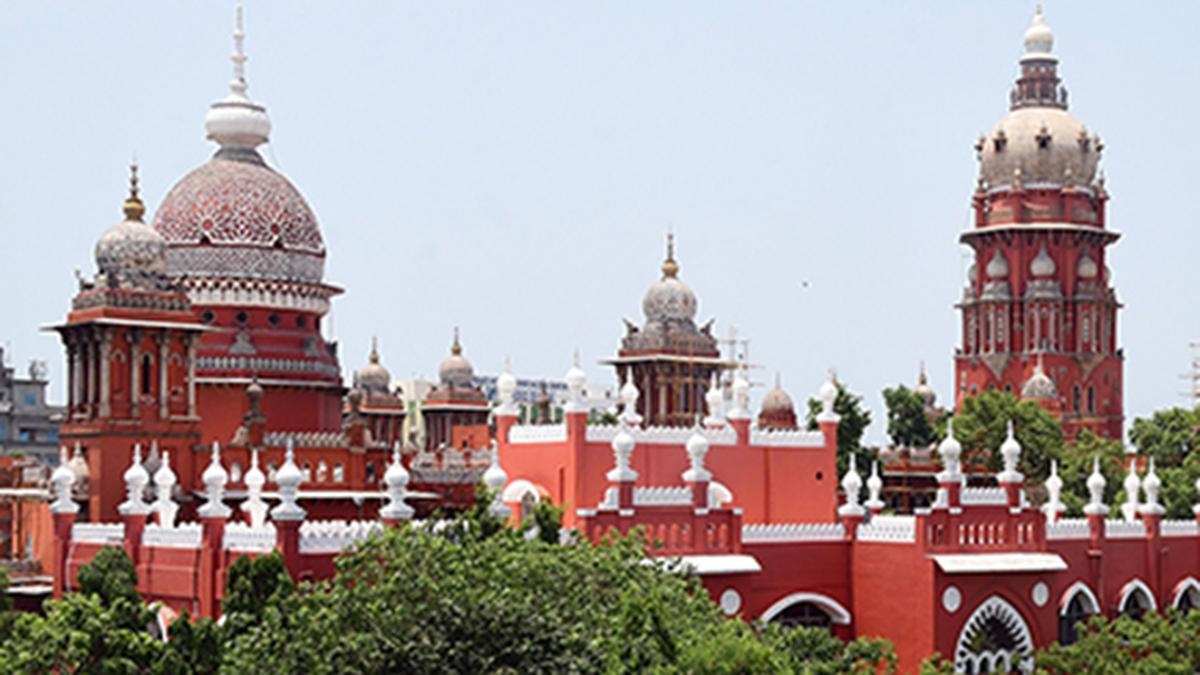Asthma didn’t stop Noah Lyles from taking on the 200 meter at the Paris Olympics, even after testing positive for COVID-19.
Despite fears of bronchitis and conflicting reports about his fever, Lyles won a bronze medal just two days after his positive test. He was concerned more about the virus’ severe symptoms than his temperature, which his coach Lance Brauman claimed rose to 102 degrees.
“Anytime I’ve had COVID, it’s never been about the temperatures. It’s always been about the body aches, the chills, the headaches and the cold,” Lyles told The Associated Press on Sunday. He spoke during an interview about his new Visa campaign involving his mother, Keisha Caine Bishop, who narrated a 30-second reel with her son.
Lyles said his temperature reached no higher than 99 degrees. The only reason he would have pulled out is if the symptoms of bronchitis had become worse.
“Then asthma joining in on that and making it even worst, that was our worst fear,” he said. “We were back in the medical bay underneath the track. Their biggest concern was me getting bronchitis because we didn’t want something to get infected and the asthma really starts to take form. We really had to jump on top of that.”
Lyles added: “If that was the case, I probably would have had to get a trip to the hospital, for sure.”
ALSO READ | USA Gymnastics says video proves Chiles should keep bronze
During the Paris Olympics, the 27-year-old Lyles has had a whirlwind experience. He became the world’s fastest man in the 100 meters before his decision to race in the 200. He faced some criticism about his participating in the race and possibly infecting others, but the U.S. Olympic and Paralympic Committee had no issues with Lyles competing.
Lyle has embraced becoming somewhat of an anti-hero. He’s used to hearing the criticism about him being overly confident, but he notes that many don’t understand his journey toward improving his self worth.
Along with asthma, Lyles said he dealt with dyslexia, anxiety, depression and attention deficit hyperactivity disorder.
“Those are all prime bullying targets right there,” he said. “I was getting bullied in school. It was very hard, and I was already not doing well because I’m not a traditional learner. It was very hard going through that. Going through the school system, it made me feel like I was stupid. I felt like none of my gifts I have now were worth anything.”
Lyles pushed through the skeptics, building himself up with the help of his family — particularly his mother. Even before her son’s Olympic medals, she was proud of him.
“It’s not the critic who counts because it’s always easy to be a critic,” she said. “I know people see his confidence as cockiness, but what do you want people to do? It makes me feel sad for those people who feel like they have to criticize somebody who has big goals and puts those goals out there.”
His mother said, “It’s better to have goals and put them out there and not achieve them, than to sit there all your life and wonder, ‘What if?’”
ALSO READ | Griner overcome with emotion after gaining Games gold
Lyles often leans on his mother’s advice when skeptics are speaking his name.
“You’re still going to count on me to win the day, aren’t you?” he asked. “As my mom used to say, the higher you go up the ladder, the more your underwear shows. People are going to have opinions. … But everybody who has ever met me comes away saying ‘Oh my gosh, I feel so inspired.’”
Lyles has since tested negative for COVID-19 and now he’s looking to make a bigger name for himself. He’ll still be preparing hard for the World Athletics Championships in Tokyo in September, but he’ll look to branch out in the next year into other opportunities such as fashion, music, buying a new house and enjoying his relationship with track athlete Junelle Bromfield.
“I’m excited to see where the the road takes me,” he said. “And to be honest, I’m also excited to see what plans God has, because I can only think so far. But he has thought way further than I ever could.”





